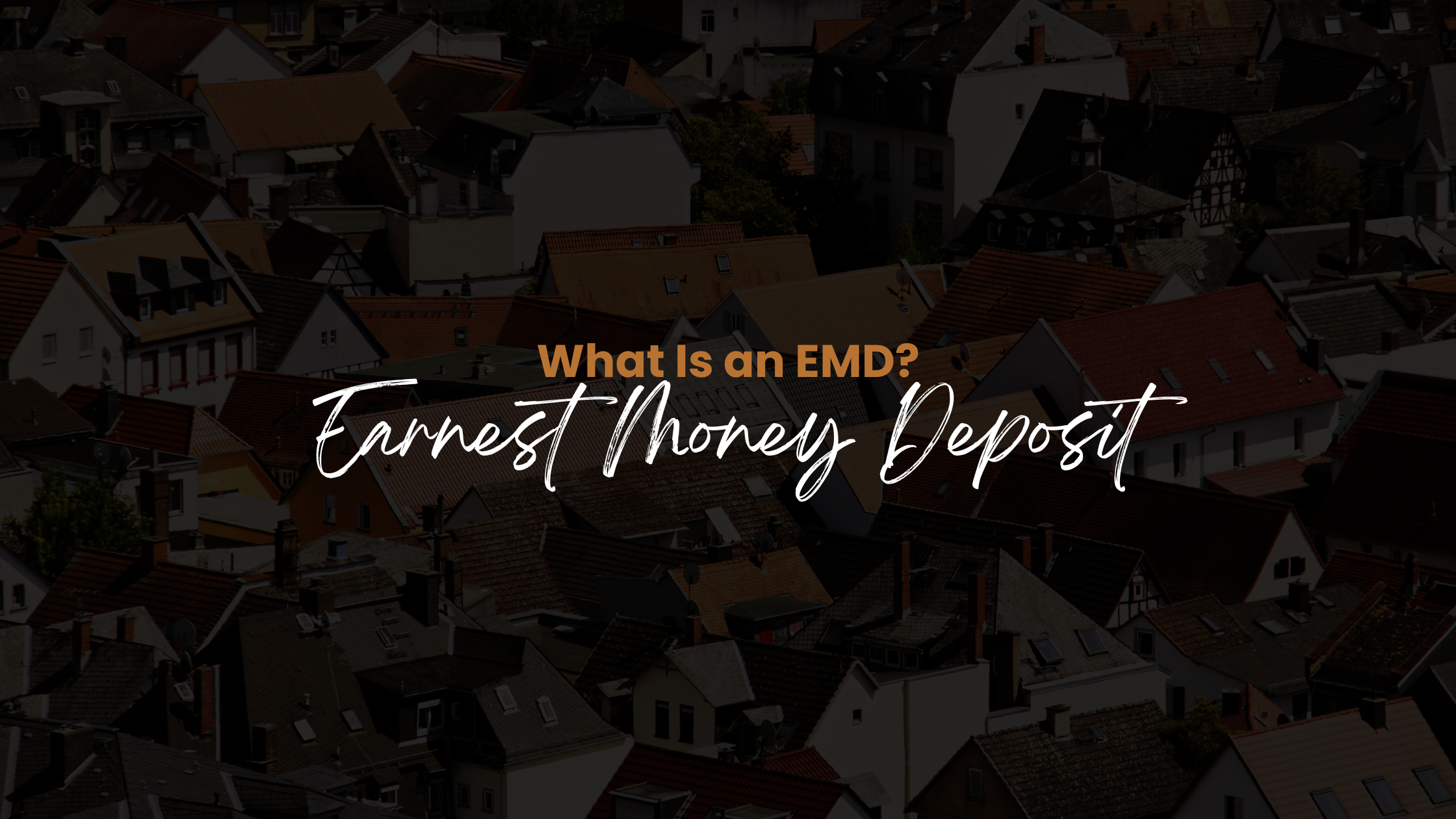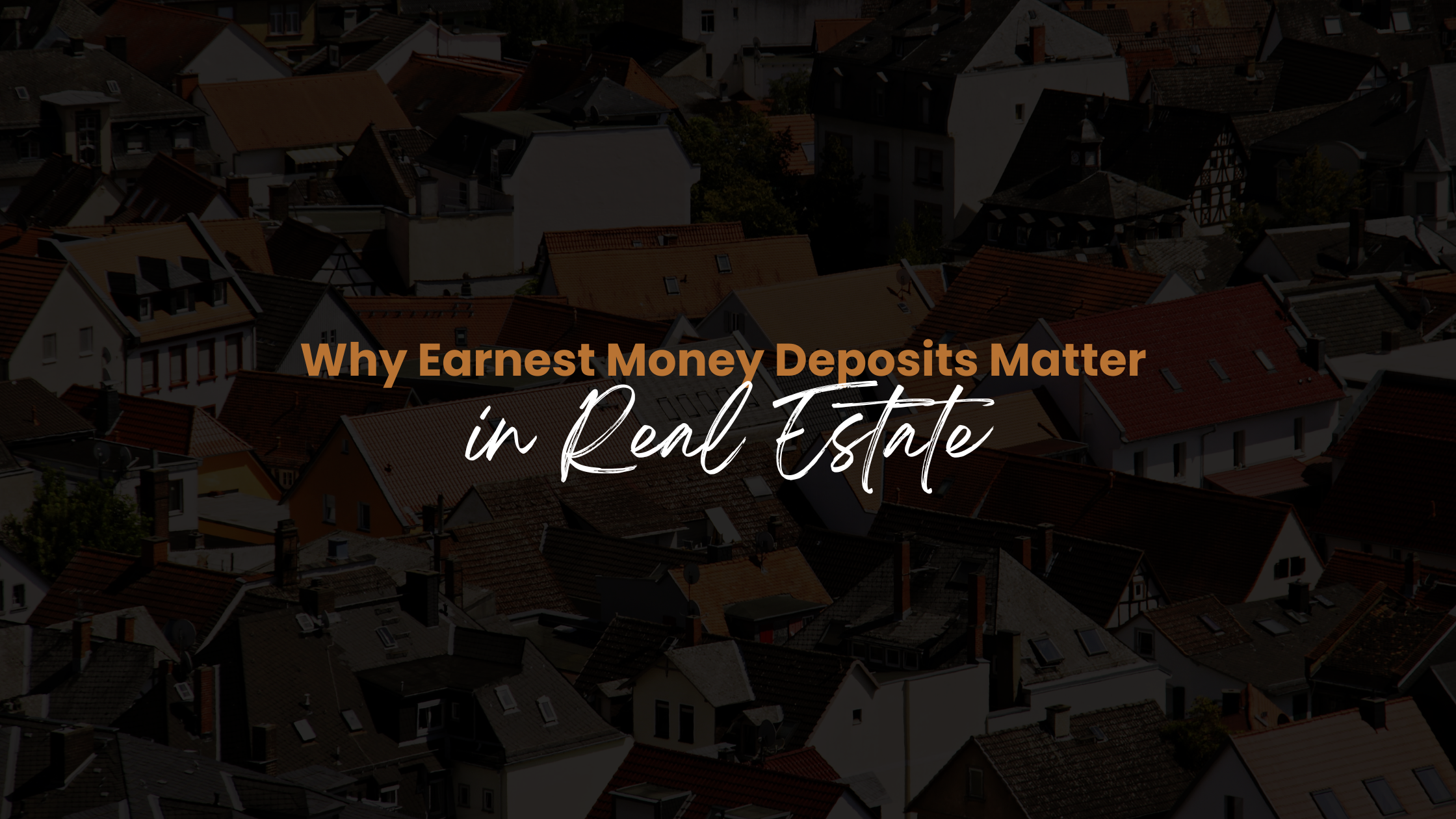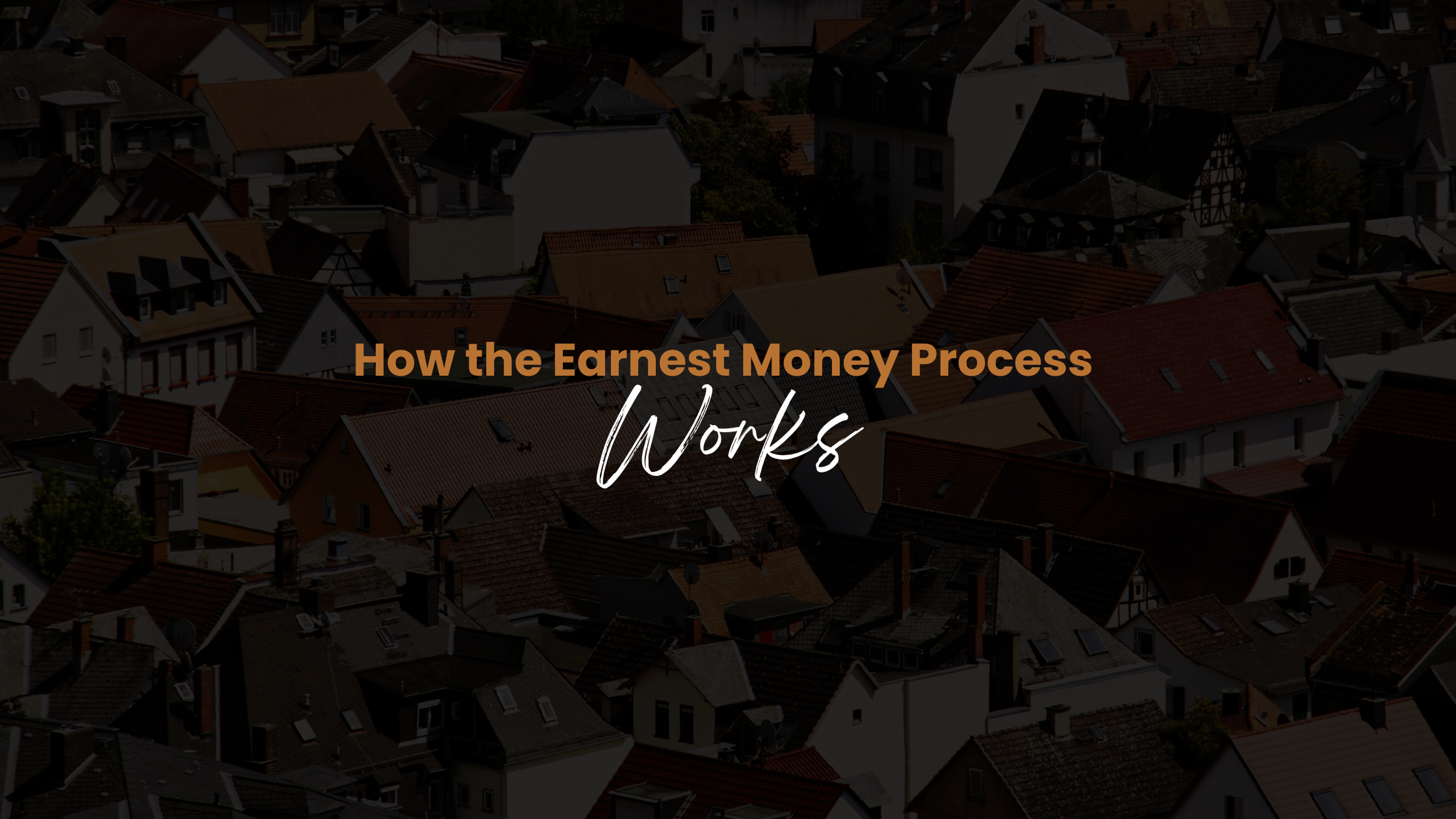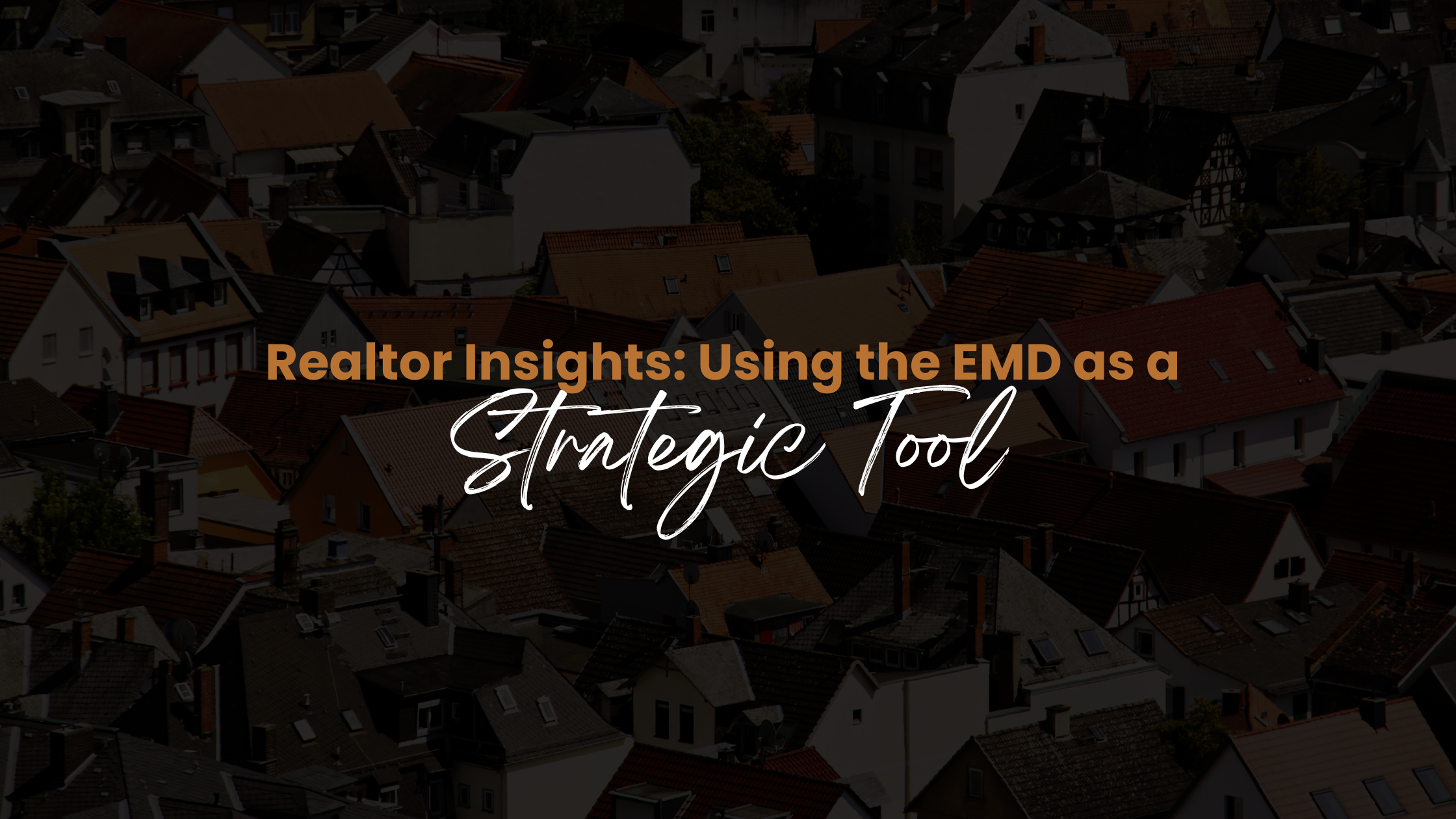What Is an Earnest Money Deposit? EMD Explained for Home Buyers and Sellers
.png?w=1140)
An Earnest Money Deposit (EMD) is a crucial element in any real estate transaction. It’s a sum of money that a home buyer puts down after their offer is accepted—acting as a "good faith" deposit to show the seller they’re serious about purchasing the property.
Unlike the down payment, the EMD is held in escrow by a neutral third party, not by the seller, and later applied toward closing costs or the down payment if the transaction goes through.
.png?w=1140)
1. Demonstrates Serious Intent
In competitive markets like Silicon Valley real estate, buyers need every edge. An EMD gives sellers confidence that you’re not only interested but fully committed.
2. Protects Both Parties
If a buyer backs out for reasons not outlined in the purchase agreement, the seller may be entitled to keep the EMD. But if the deal fails due to valid contingencies—such as loan denial, appraisal issues, or failed inspections—the buyer typically gets their deposit refunded.
3. Standard Industry Practice
In hot real estate markets, it's common for EMDs to equal 1% to 3% of the purchase price, with 3% often used in Silicon Valley home offers to remain competitive.
.png?w=1140)
Amount Range: Typically 1–3% of the offer price, though buyers may go higher to stand out.
When to Pay: Usually due within 1 business day of offer acceptance in Silicon Valley.
How It’s Paid: Funds are wired or sent via cashier’s check to the escrow company.
Refundable vs. Forfeited: If a buyer backs out for a valid contingency, the EMD is refunded. If they default without cause, the seller may keep it.
At Closing: The EMD is credited toward the buyer’s down payment or closing costs.
.png?w=1140)
As a top-producing Silicon Valley realtor with extensive negotiation experience, I guide my clients to structure their EMD to show strength while also protecting their investment. The key is to pair a strong deposit with clear timelines and well-written contingencies.
Pro Tip: Always verify that your EMD is handled by a reputable escrow provider and that contract language protects your refund rights.
Final Thoughts
An Earnest Money Deposit is more than just a payment—it’s a negotiation tool, a safeguard, and a signal of commitment. When handled correctly, it can be the factor that seals the deal in a competitive market.
📞 Thinking of Buying or Selling a Home in the Bay Area?
Let’s talk strategy. At The Walker Team of Intero, we help buyers and sellers make smart, confident real estate decisions with expert guidance every step of the way.
.png)
.png)
.png)
.png)
.png?w=128&h=128)